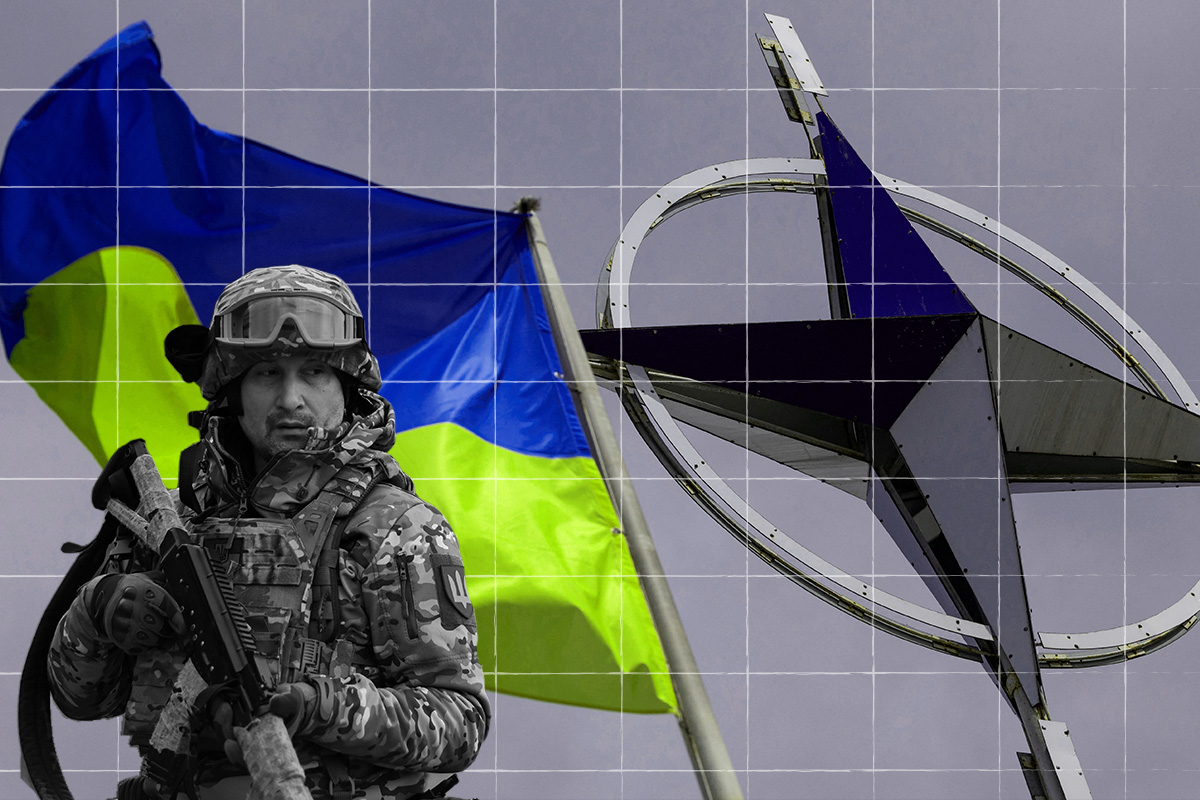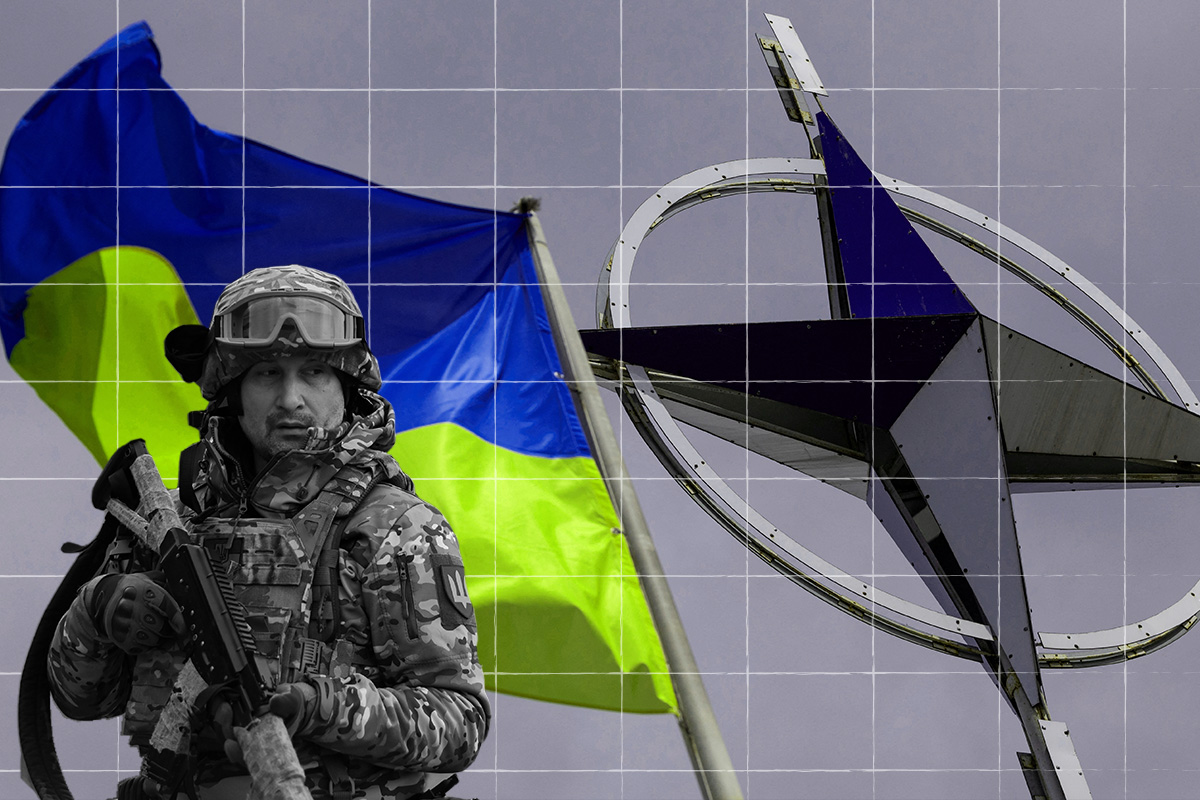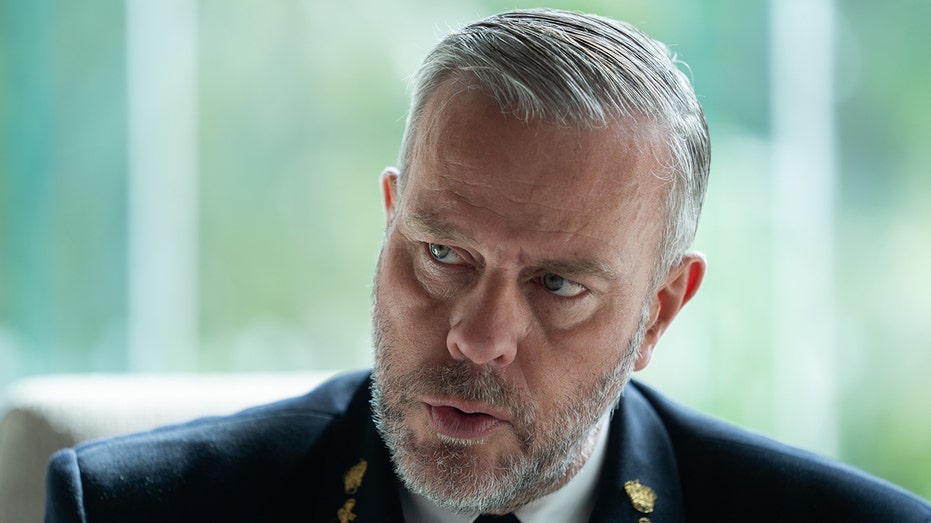
NATO’s Warning: Preparing Businesses for Wartime Conditions
In a stark reminder of the changing geopolitical landscape, a senior NATO military official has called on businesses to brace for the potential of wartime conditions that could impact their operations and logistics. Dutch Admiral Rob Bauer, the chairperson of NATO’s military committee, issued this warning during his speech at a European Policy Center event held in Brussels on Monday. His comments highlight the need for proactive measures to reduce vulnerabilities to political and economic pressures, particularly from nations like Russia and China.
Deterrence Through Readiness
Admiral Bauer emphasized the critical role of readiness in ensuring that essential goods and services remain accessible regardless of the circumstances. “Ensuring that crucial services and goods remain available under any circumstance is a fundamental aspect of deterrence,” he stated. This assertion reflects NATO’s broader strategy to bolster collective defense in the face of external threats, which have intensified in recent years.
During his address, Bauer underscored the alarming increase in sabotage incidents targeting NATO infrastructure, signaling a worrying trend as Europe grapples with insecurity in its energy supply. “We thought we had a deal with Gazprom, but in reality, we were dealing with Mr. Putin,” he said, highlighting Russia’s significant control over European energy resources. The Admiral’s comments revealed the harsh realities of international agreements in the current geopolitical climate.
The Threat from China
The discussion did not end with Russia; Bauer also turned his focus to the risks posed by Chinese dominance in critical industries. “The same applies to Chinese-owned infrastructure and products — ultimately, it means we are making deals with President Xi Jinping,” he noted. China’s pivotal role in the global supply chain, particularly in the realm of rare earth materials and pharmaceuticals, has raised alarms regarding the West’s dependence on its manufacturing capabilities.
Bauer pointed out that China is responsible for producing 60% of the world’s rare earth materials, while also processing 90% of these resources. This dependency extends to essential chemical components used in a variety of pharmaceuticals, including antibiotics, sedatives, and medications for blood pressure. “We would be naive to assume that the Chinese Communist Party would never leverage that control,” he warned, imploring Western businesses to reconsider their reliance on Chinese industries. He urged them to recognize that their commercial choices could significantly impact national security.
Economic Resilience: A Priority for Businesses
As tensions between nations escalate, Bauer called on businesses to reconfigure their production and distribution models to ensure resilience against potential wartime disruptions. “While battles are won by the military, wars are ultimately decided by economic strength,” he remarked, driving home the message that economic preparation is as crucial as military readiness in contemporary conflicts.
These urgent calls for preparedness come amid ongoing hostilities between Ukraine and Russia. Recently, Russia fired an intermediate-range ballistic missile, known as Oreshnik (Russian for “Hazel Tree”), into Ukrainian territory, marking a significant escalation in the conflict. Ukrainian reports indicated that this missile, capable of carrying both conventional and nuclear warheads, reached speeds of Mach 11 before striking a factory in the city of Dnipro.
While U.S. officials confirmed that the missile is not hypersonic, the Pentagon’s Deputy Press Secretary Sabrina Singh described its deployment as significant, marking its first operational use on the battlefield. Her comments underline concerns about evolving military capabilities and their implications for regional stability.
North Korea’s Involvement
Heightening the situation further, reports have emerged indicating that North Korea has dispatched over 11,000 soldiers to support Russian forces in Ukraine. This development reflects the increasingly complex web of alliances and rivalries that characterize the current global order, as well as the burgeoning military cooperation between Moscow and Pyongyang amidst international sanctions and isolation.
Conclusion: The Intersecting Realities of Business and National Security
As NATO continues to monitor these significant developments, Admiral Bauer’s warnings place a spotlight on the crucial intersection of business, economics, and national security. With the backdrop of a turbulent global environment, his call for businesses to adapt and prepare for possible wartime conditions has resonated deeply, emphasizing that what happens on the battlefield can very much be influenced by decisions made in boardrooms.
Ultimately, it is clear that as the geopolitical landscape continues to shift, businesses must remain vigilant and proactive in their efforts to mitigate risks associated with international relations. Grounded in strategic thinking and long-term planning, companies can better position themselves to withstand the pressures of a potentially volatile future.
This report includes contributions from Reuters.


















